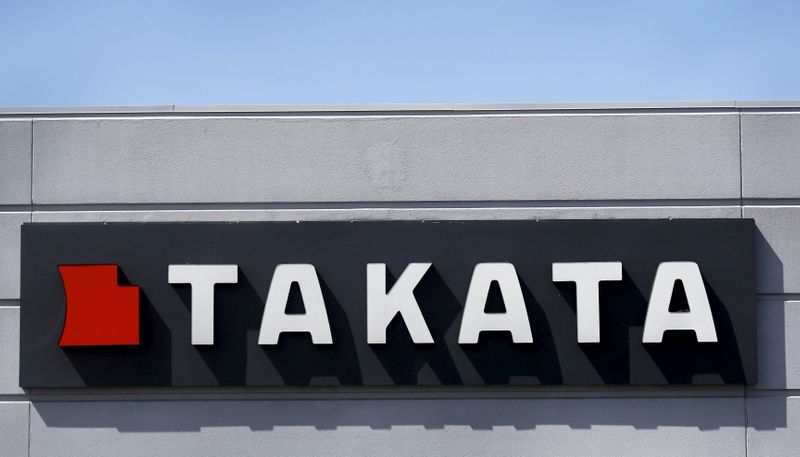This post was originally published on this site
https://i-invdn-com.akamaized.net/trkd-images/LYNXMPEG071YA_L.jpg
By David Shepardson
(Reuters) – Takata is recalling 10 million replacement air bag inflators in the United States, the largest ever auto safety recall in history, as U.S. regulators consider whether to make it even wider.
The 10 million inflator recall made public Wednesday covers inflators that were a temporary fix. The figure includes some inflators never installed. Several automakers have already initiated additional recalls to replace the recalled inflator with an alternative final part.
Separately, the National Highway Traffic Safety Administration (NHTSA) is assessing whether to compel the recall of tens of millions of additional Takata air bag inflators that have a drying agent. It is also reviewing petitions from General Motors Co (N:) to avoid recalling more than 6 million vehicles with Takata inflators.
GM has said it could cost $1.2 billion if it had to recall the vehicles.
Prior to Wednesday, 41.6 million U.S. vehicles equipped with 56 million defective Takata air bags have been recalled because the inflators can explode when deployed. At least 25 deaths worldwide and more than 290 injuries have been linked to faulty Takata inflators.
The Takata recalls cover about 100 million inflators among 19 major automakers worldwide.
NHTSA says the cause of the inflator explosions that can emit deadly fragments is propellant breaking down after long-term exposure to high temperature fluctuations and humidity. The vehicle inflators recalled to date do not have a drying agent.
Under a 2015 consent order, Takata had to provide data to U.S. regulators by Dec. 31 about whether tens of millions of additional so-called desiccated inflators need to be recalled.
Acting NHTSA Administrator James Owens told Reuters the agency was reviewing data on the desiccated inflators and talking to automakers.
“We are going to lean in on safety and if we detect a safety problem we will immediately take action,” Owens said, adding that the agency could make a decision early in 2020.
An independent group after five years of testing inflators told NHTSA in October there was “no immediate safety risk” to the inflators with a drying agent but added “out of an abundance of caution, we recommend a well-designed monitoring program.”
Owens said NHTSA may announce new monitoring.
Fusion Media or anyone involved with Fusion Media will not accept any liability for loss or damage as a result of reliance on the information including data, quotes, charts and buy/sell signals contained within this website. Please be fully informed regarding the risks and costs associated with trading the financial markets, it is one of the riskiest investment forms possible.

